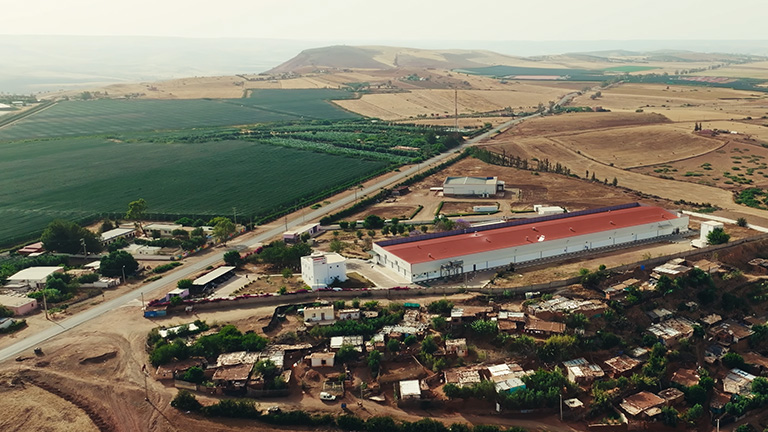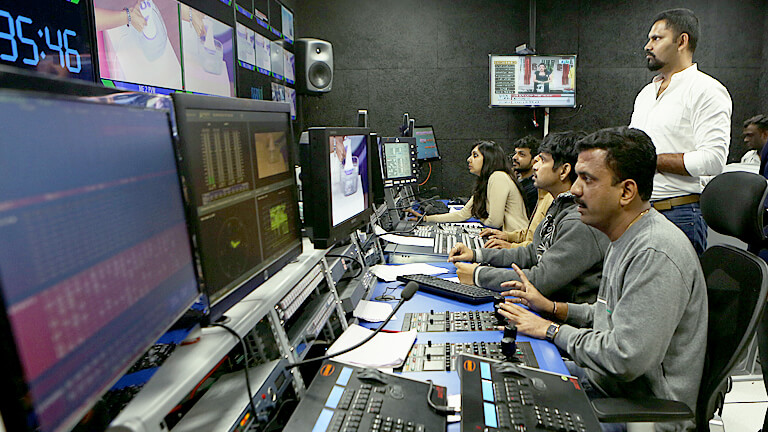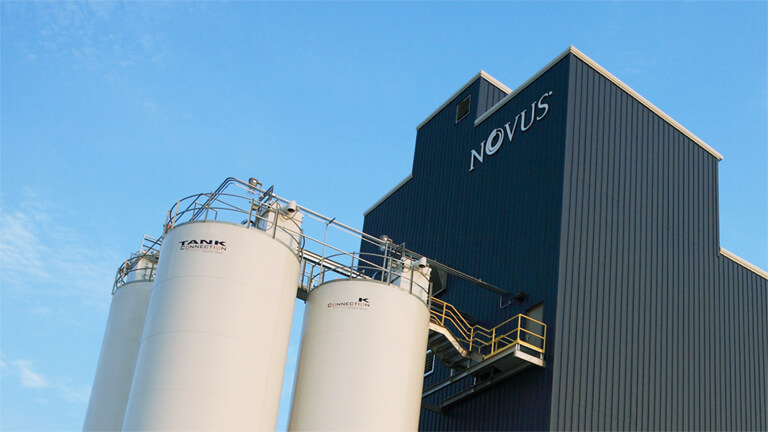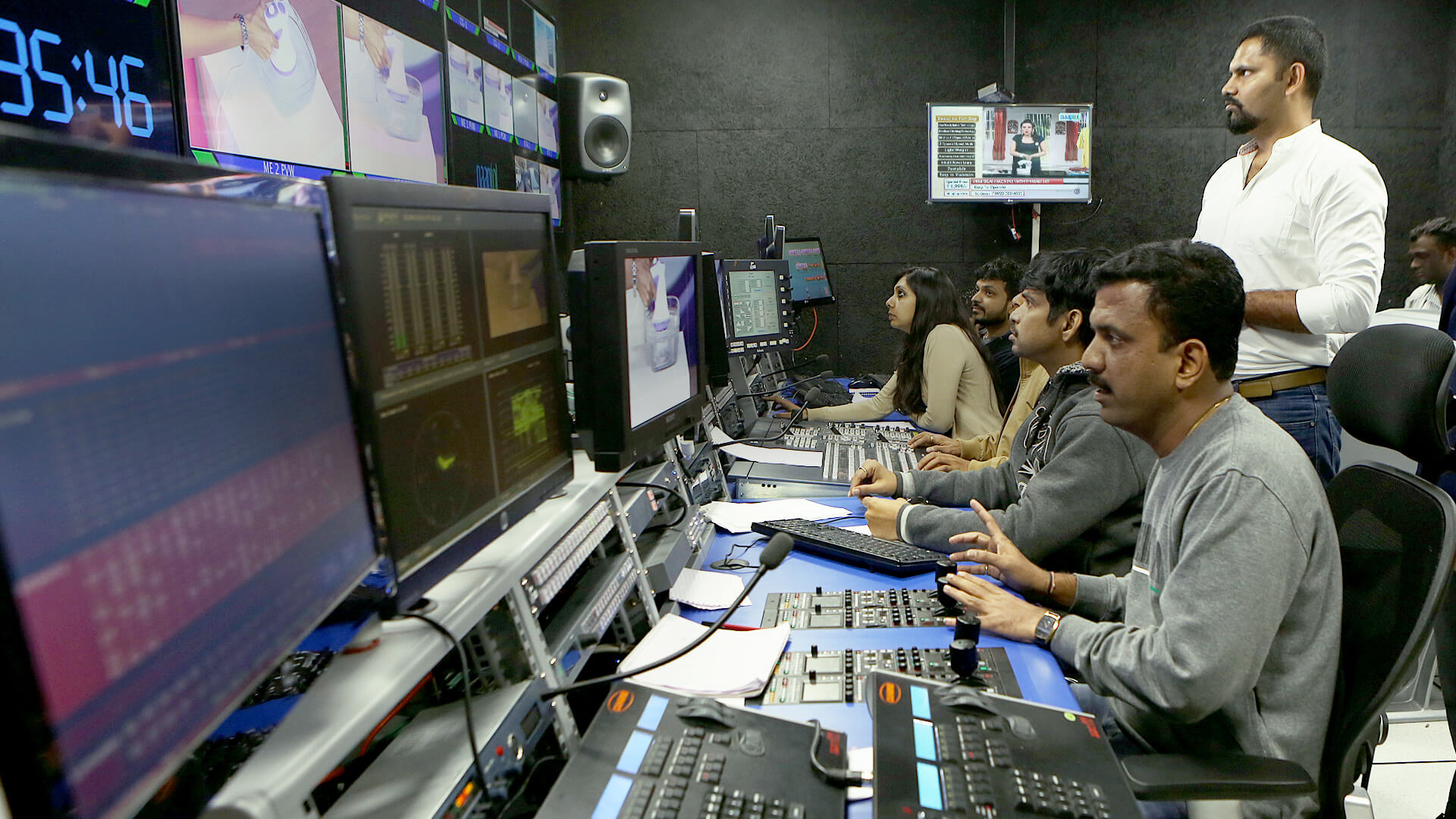
Business Innovation
India goes shopping . . . at home
TV shopping startup Naaptol is leveraging the power of IT to reach traditionally underserved consumer groups in India.
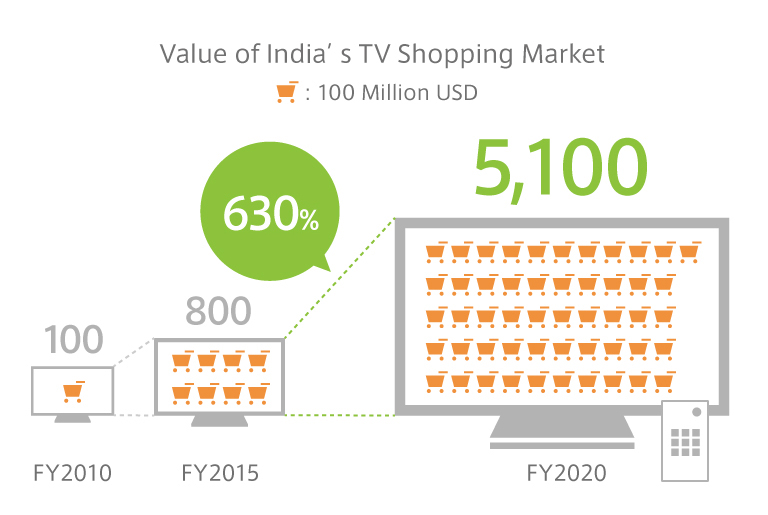
With over two decades of industry experience, Mitsui & Co. is a veteran of the TV shopping business. The company started out producing standalone infomercials for placement on Japanese late-night TV in the mid-1990s, before teaming up with the American QVC network to launch 24-hour shopping channel QVC Japan in 2000. QVC Japan now generates around $1.0 billion in annual sales.
Sensing opportunity in Asia’s growth, Mitsui then started looking for partnerships outside Japan, setting up a dedicated shopping channel with Chinese state-run broadcaster CCTV in 2011. The next country Mitsui’s eye fell on was India, a country which, in addition to the same huge population and exploding middle-class as China, has certain peculiarities that make it an ideal market for home shopping.
First of all, much of India remains unconnected to the Internet. Although available to the better-off inhabitants of the larger cities, online shopping is out of reach for people in smaller cities or the countryside. Television is still the medium with the broadest national reach.
Secondly, government restrictions on market access for foreign supermarkets mean that small local shops control 90% of India’s retail trade. Necessarily, these shops can only offer a limited range of goods, sometimes of questionable quality.
TV shopping thus represents a convenient way for ordinary people to purchase quality goods at reasonable prices. As a result, the market is projected to rise from $0.8 billion in 2015 to $5.1 billion by 2020, an annual growth rate of 45%.
Finding the right partner
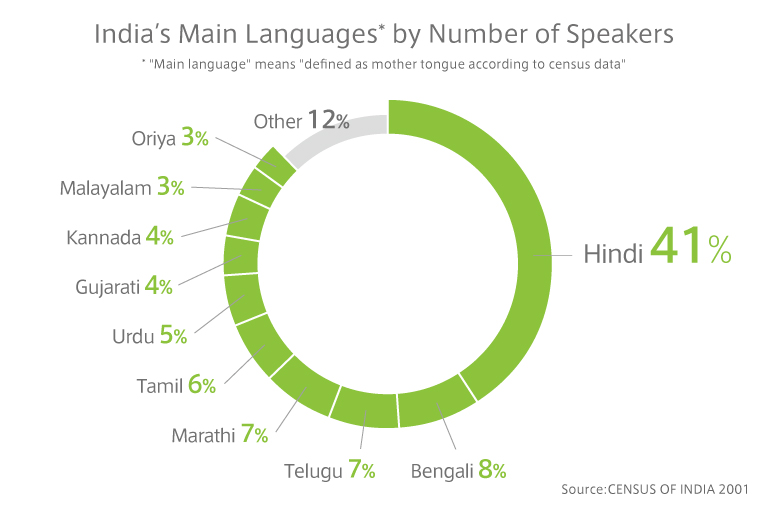
At the time Mitsui was mulling its investment, two shopping channels dominated the TV shopping business in India. Both, however, already had powerful backers in place. But that is far from the only reason why Mitsui made the decision to team up with Naaptol Online Shopping Private Ltd, acquiring a 20% stake in two tranches (5% stake in March 2015 followed by a further 15% in November the same year).
Although a relatively young company, Naaptol had a range of unique strengths. Founder CEO Manu Agarwal is a serial entrepreneur and thanks to his IT background—his previous company was a software business—Naaptol’s IT team were able to invent a new package-tracking technology. This technology enabled Naaptol to use the standard postal service of India Post (which has no tracking capabilities of its own) to secure genuinely nationwide distribution—something neither his larger rivals could offer.
Naaptol was also growing at breakneck speed. Founded in 2008, the company began making short infomercials for broadcast on satellite and cable channels in mid-2012. In July 2014 it launched a 24-hour Hindi shopping channel. By the time of Mitsui’s initial investment in March 2015, it had added a second shopping channel in Tamil, one of India’s most widely spoken languages. As of early 2016, Naaptol was broadcasting shopping channels in six different languages, as well as placing more than one hundred hours of infomercials on other channels. It plans to launch live broadcasts in four more languages soon.
The Mitsui effect
The arrival of Mitsui served to accelerate this already rapid growth trajectory. Naaptol used the influx of capital for two things: first, to build a studio in Mumbai for live broadcasts; and second, to upgrade the quality of its programs, based on input from Mitsui. It expanded programs from five minutes to as much as half an hour; introduced better production values (lighting, camerawork, music, scripts and so forth.); and adopted the more efficient ways of working that live broadcasting demands.
One Mitsui innovation that is having a huge impact is the practice of hosting live broadcasts built around limited-time special offers—a sure-fire way to generate buzz and deepen customer engagement. In a special Republic Day Event 2016 (Republic Day is an Indian national holiday), Naaptol set a new all-time sales record.
A strategic fit
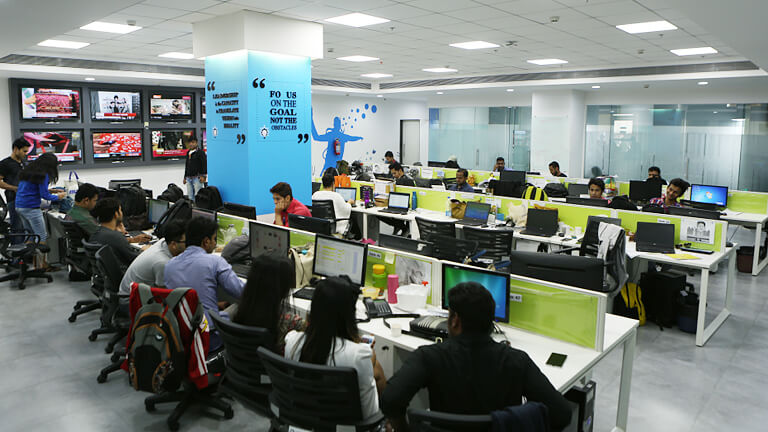
In its 2014 the New Medium-term Management Plan, Mitsui announced a reconfiguration of its operations around Seven Key Strategic Domains. TV shopping falls in the Lifestyle Products and Value Added Services Domain. The aim here is to deliver basic services in an innovative way by leveraging the power of big data and advanced logistics.
And that is precisely what Naaptol is doing. In addition to its package-tracing technology, the company has developed a sophisticated in-house database. With this, it can keep track of what products sell best to what kind of consumer at what time of the day and continuously refine its product targeting.
Thanks to its broad reach and its mastery of data, the last two years have seen Naaptol leapfrog the competition to establish itself as the top-class Indian TV shopping channel in terms of both sales and brand recognition.
Mitsui’s mission is to “contribute to a future where people’s aspirations are fulfilled.” Helping to make high-quality goods available to people throughout India is in perfect alignment with that goal.
Posted in March 2016
